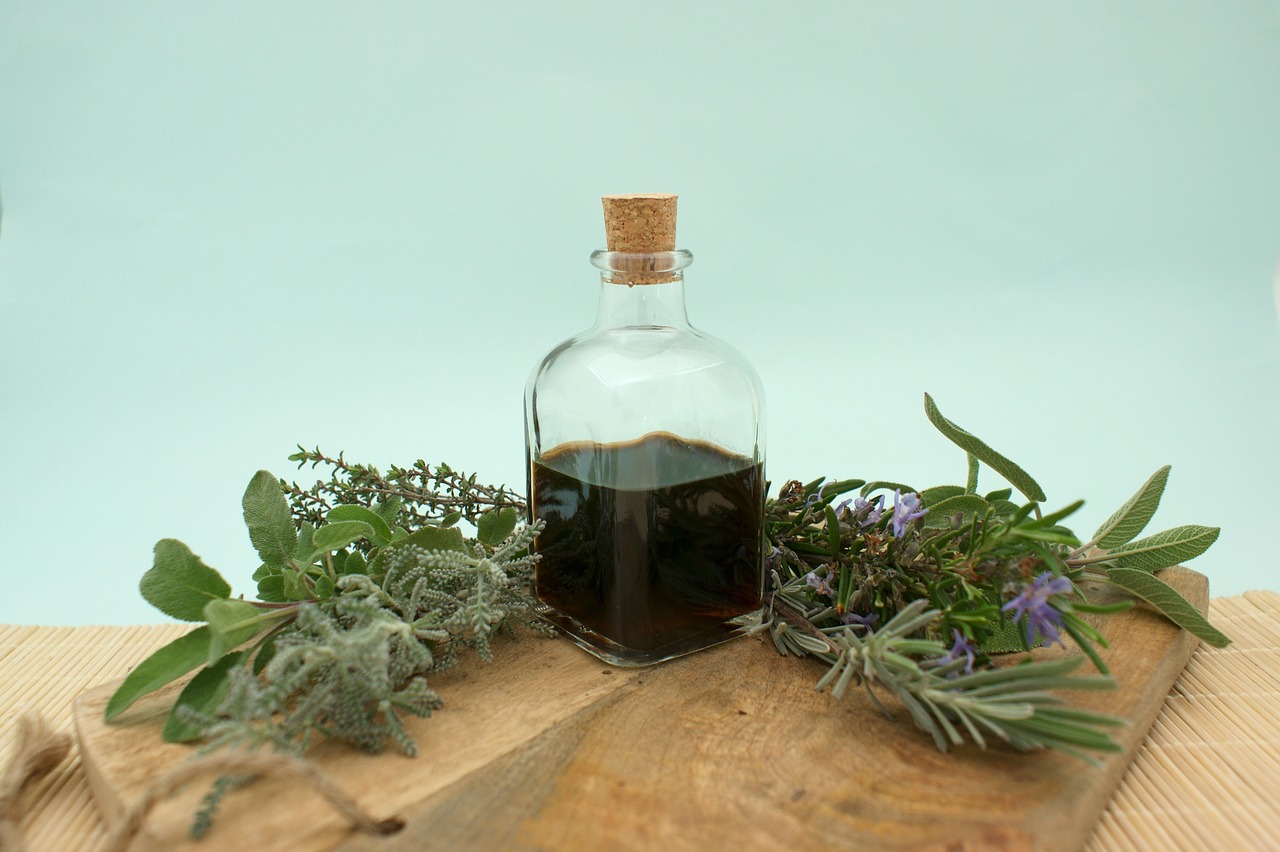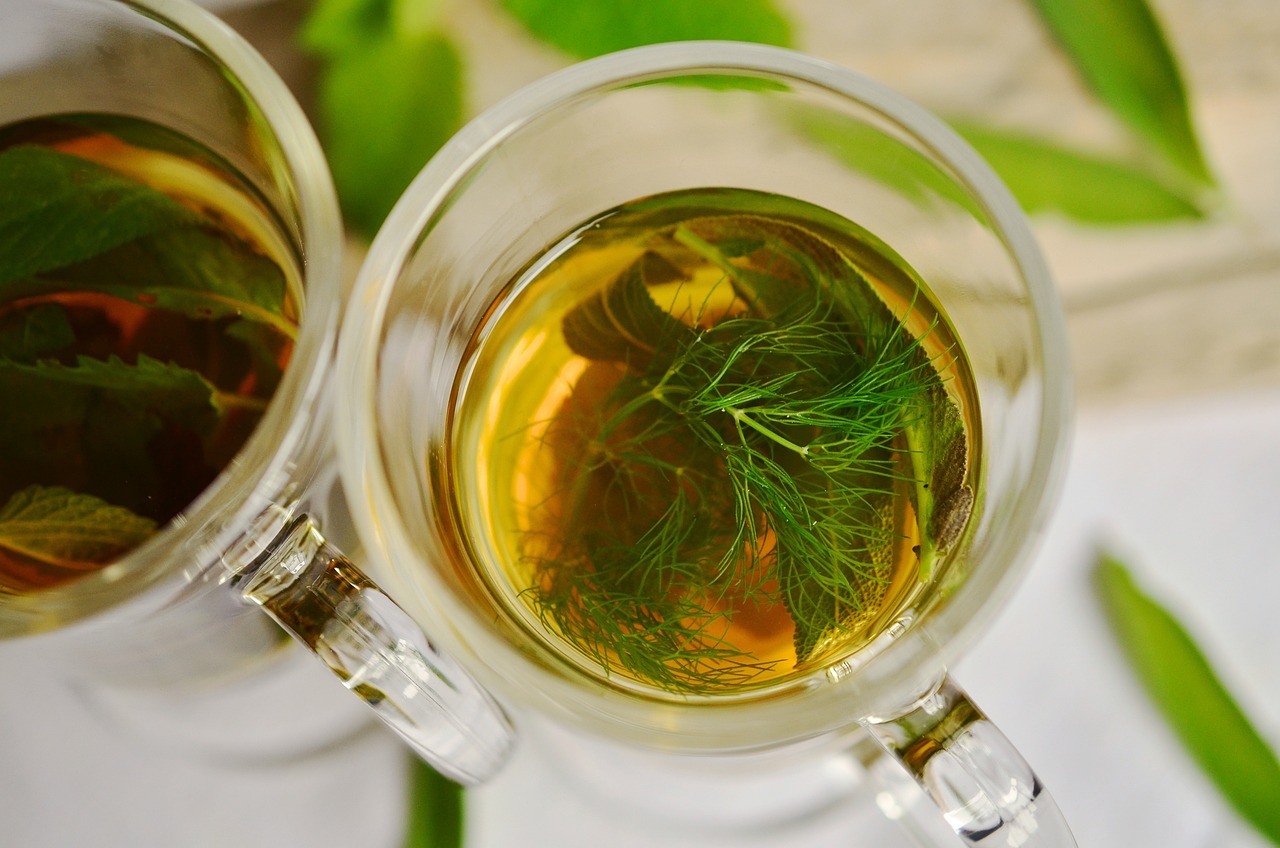DIY Herbal Remedies for Pets: A Comprehensive Guide

In the growing world of pet care, many pet owners are turning to natural solutions to keep their furry friends healthy and happy. One popular trend is the use of DIY herbal remedies for pets. These remedies not only offer a more natural approach to pet health but also provide a cost-effective alternative to commercial treatments. This article will explore the benefits of herbal remedies for pets, common herbs used, and how to safely and effectively make your own herbal treatments at home.
Benefits of Herbal Remedies for Pets
Herbal remedies have been used for centuries to treat various ailments in humans, and the same principles can be applied to pets. Here are some key benefits of using herbal remedies for pets:
- Natural Ingredients: Herbal remedies are made from natural ingredients, reducing the risk of synthetic chemicals and artificial additives that can cause side effects.
- Customizable: DIY herbal remedies allow you to tailor treatments specifically to your pet’s needs, considering their age, size, and health condition.
- Cost-Effective: Making herbal remedies at home is often less expensive than purchasing commercial pet medications.
- Holistic Approach: Herbs can support overall well-being and enhance immune function, providing a holistic approach to pet care.
- Fewer Side Effects: Natural remedies generally have fewer side effects compared to synthetic drugs, making them safer for long-term use.
Common Herbs Used in Pet Care
Several herbs are particularly beneficial for pets, each offering unique health benefits. Here’s a look at some commonly used herbs and their applications:
- Chamomile: Known for its calming properties, chamomile can help soothe upset stomachs, reduce anxiety, and alleviate minor skin irritations. It is available in tea form or can be used in topical preparations.
- Peppermint: Peppermint is useful for digestive issues, including nausea and gas. It can also help with respiratory problems and is a natural insect repellent.
- Echinacea: Often used to boost the immune system, echinacea can help pets recover from infections and illnesses. It is particularly effective in fighting off colds and flu.
- Ginger: Ginger is excellent for aiding digestion and reducing nausea. It can also help with arthritis pain and inflammation.
- Calendula: Calendula has anti-inflammatory and antiseptic properties, making it useful for treating minor cuts, scrapes, and skin infections. It is also used in soothing salves and lotions.
- Turmeric: Turmeric has powerful anti-inflammatory and antioxidant properties. It is often used to help with arthritis pain and to support liver health.
- Dandelion: Dandelion supports liver health and digestion. It also acts as a mild diuretic and can help with urinary tract infections.
- Lavender: Lavender is calming and can help reduce stress and anxiety in pets. It also has antimicrobial properties that make it useful for minor skin issues.
- Rosemary: Rosemary is an antioxidant and can support digestion and overall health. It is also used as a natural flea repellent.
- Aloe Vera: Aloe Vera is commonly used to soothe and heal skin irritations and burns. It also has antibacterial and anti-inflammatory properties.
How to Prepare DIY Herbal Remedies for Pets
Creating your own herbal remedies for pets involves several steps. Here’s a basic guide to help you get started:
- Choose Your Herbs: Select herbs based on your pet’s specific needs. For example, if your pet has digestive issues, you might choose ginger or peppermint.
- Prepare the Herbs: Herbs can be used fresh or dried. Fresh herbs should be thoroughly washed and chopped, while dried herbs should be stored in airtight containers to maintain their potency.
- Decide on the Form: Herbal remedies can be prepared in various forms, including teas, tinctures, infusions, salves, and capsules. The form you choose will depend on your pet’s condition and preferences.
- Make the Remedy:
- Teas: Boil water and steep the herbs for about 10-15 minutes. Strain the mixture and allow it to cool before offering it to your pet.
- Tinctures: Combine herbs with alcohol (e.g., vodka) and let the mixture sit for several weeks. Strain and use a few drops in your pet’s food or water.
- Infusions: Similar to teas, but usually steeped longer for a more concentrated solution. Used for both internal and external applications.
- Salves: Mix herbs with a carrier oil (e.g., coconut or olive oil) and beeswax to create a topical salve. Apply it to affected areas.
- Capsules: Fill empty capsules with powdered herbs for easy dosing.
- Dosage: Proper dosage is crucial for safety and effectiveness. Consult with a veterinarian knowledgeable about herbal medicine to determine the appropriate dosage for your pet’s size and health condition.
- Store Properly: Store herbal remedies in a cool, dark place to preserve their potency. Ensure that they are kept out of reach of pets and children.
Safety Considerations
While herbal remedies can be beneficial, it’s essential to use them responsibly. Here are some safety tips:
- Consult a Veterinarian: Before starting any herbal remedy, consult with your veterinarian, especially if your pet has existing health conditions or is on other medications.
- Start Slowly: Introduce new remedies gradually and monitor your pet for any adverse reactions. This will help you identify any allergies or sensitivities.
- Avoid Toxic Herbs: Some herbs are toxic to pets, including garlic, onion, and certain essential oils. Make sure to research and avoid using these harmful substances.
- Proper Dosage: Adhere to recommended dosages to prevent overdosing. Dosage guidelines can vary based on the herb and your pet’s size and condition.
- Monitor Your Pet: Keep an eye on your pet’s response to the remedy. If you notice any negative changes in behavior or health, discontinue use and consult your vet.
Popular DIY Herbal Remedies for Pets
Here are a few simple DIY herbal remedies that you can make at home for common pet issues:
- Chamomile Tea for Upset Stomach:
- Ingredients: 1 chamomile tea bag, 1 cup water.
- Instructions: Boil water, steep the tea bag for 10 minutes, and allow it to cool. Offer a small amount to your pet or mix it with their food.
- Ginger Tincture for Nausea:
- Ingredients: Fresh ginger root, vodka (for tincture).
- Instructions: Chop ginger and place it in a jar. Cover with vodka and let it sit for 2-4 weeks. Strain and use a few drops in your pet’s food.
- Calendula Salve for Skin Irritations:
- Ingredients: 1 cup calendula-infused oil, 1/4 cup beeswax.
- Instructions: Melt beeswax and mix with calendula oil. Pour into a jar and let it cool. Apply to affected areas as needed.
- Lavender Spray for Anxiety:
- Ingredients: 10 drops lavender essential oil, 1 cup water.
- Instructions: Mix essential oil and water in a spray bottle. Lightly mist your pet’s bedding or living area to help reduce stress.
- Turmeric Paste for Arthritis:
- Ingredients: 1 tablespoon turmeric powder, 1 tablespoon coconut oil.
- Instructions: Mix turmeric powder and coconut oil to form a paste. Apply to your pet’s joints or mix with their food.
Conclusion
DIY herbal remedies offer a natural, effective, and cost-efficient way to address various health issues in pets. By using herbs with known benefits and preparing remedies safely at home, you can enhance your pet’s well-being and support their overall health. Always consult with a veterinarian before starting any new treatment and observe your pet’s response to ensure their safety and comfort.
With careful preparation and responsible use, herbal remedies can be a valuable addition to your pet care routine, helping your beloved companion lead a healthier and happier life.
This comprehensive guide to DIY herbal remedies for pets provides an overview of the benefits, common herbs, preparation methods, safety considerations, and specific remedies. By following these guidelines, pet owners can confidently explore natural health solutions for their furry friends.




